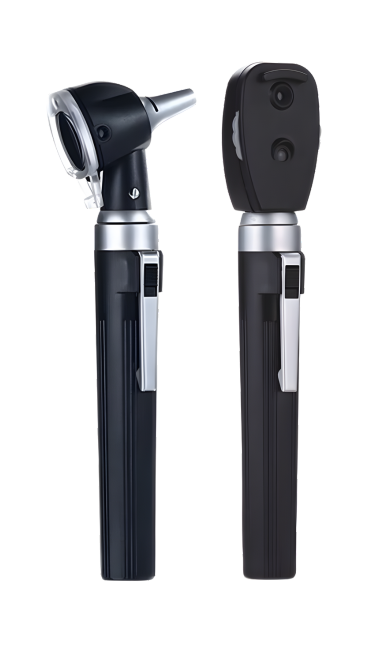




Average patient satisfact rating.
When it comes to ear, nose, and throat (ENT) concerns, receiving expert and reliable care is essential for your overall health and well-being.
At Dr. Shikhar Gupta’s ENT Care Centre, conveniently located near District Park in Rohini Sector 9, Delhi, we strive to provide
world-class treatment for patients of all ages. Since 2013, our clinic has been a trusted destination for individuals seeking effective solutions
for a wide range of ENT problems.
Led by Dr. Shikhar Gupta, a highly skilled and experienced otolaryngologist, our centre offers comprehensive care for conditions
such as persistent ear infections, chronic sinus issues, hearing loss, throat infections, allergies, and balance disorders. As ENT specialists, we
understand how closely these vital sensory systems are connected and how significantly they influence your daily life.
Our mission is to deliver accurate diagnosis, advanced treatment, and compassionate care—ensuring every patient receives the attention and expertise
they deserve for long-term relief and better quality of life.
Dedicated to providing precise, compassionate, and personalized ear, nose, and throat care.




Patient Review

Because Timely ENT Care Makes All the Difference.

We use advanced ENT technology to ensure precise, safe, and comfortable treatment for every patient.
We use advanced ENT technology to ensure precise, safe, and comfortable treatment for every patient.

We use advanced ENT technology to ensure precise, safe, and comfortable treatment for every patient.
We use advanced ENT technology to ensure precise, safe, and comfortable treatment for every patient.
Our experienced team provides advanced.
